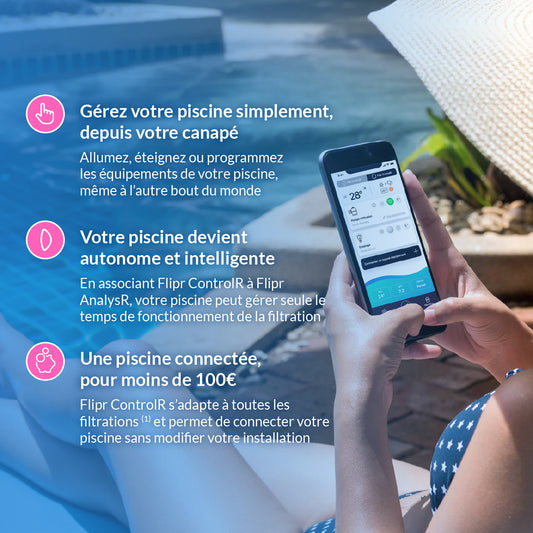Miami's Humid Climate: A Challenge for Pools
Nestled in the tropical embrace of southern Florida, Miami's climate offers a unique blend of challenges for pool owners. While the idea of enjoying a refreshing dip year-round sounds appealing, the high humidity levels and heat present specific hurdles for maintaining a clean and healthy swimming environment. Understanding the impact of Miami's climate on pool water chemistry and equipment is crucial for effective pool care and to ensure your pool remains an inviting oasis.
Impact on Water Chemistry
Miami’s humid climate significantly affects pool water chemistry, making it more challenging to maintain balanced water conditions. The high humidity accelerates the evaporation of chlorine, which is essential for keeping pool water free from harmful bacteria and algae. As a result, pool owners often find themselves adding chlorine more frequently. Additionally, the warm temperatures encourage algae growth, which can quickly turn a pristine pool into a murky mess if not properly managed. The combination of heat and humidity also impacts the pH levels, potentially leading to corrosive water that can damage pool surfaces and equipment.
- Increased chlorine demand
- Accelerated algae growth
- Fluctuating pH levels
Managing Chlorine Levels
In Miami's humid climate, maintaining chlorine levels is a constant battle. The rapid evaporation of chlorine due to the high temperatures and humidity demands regular monitoring and adjustment. It’s essential to keep chlorine levels between 1.0 and 3.0 parts per million (ppm) to ensure effective sanitation. Pool owners should test their water at least twice a week and adjust chlorine levels accordingly. When using chlorine tablets or granules, always follow the manufacturer's instructions and never mix different types of chlorine, as this can cause hazardous chemical reactions. Regular shocking of the pool is also recommended to break down organic contaminants and maintain a sparkling clean pool.
Equipment Wear and Tear
The humid climate of Miami is not just tough on pool water chemistry; it also takes a toll on pool equipment. The persistent moisture and salt from nearby oceans can lead to corrosion of metal parts in pumps, filters, and ladders. This can result in increased maintenance costs and the need for more frequent replacements. Additionally, the constant heat forces pool pumps and filters to work harder, potentially shortening their lifespan. To mitigate these effects, routine maintenance and inspections are crucial. Applying protective coatings to metal parts and using equipment specifically designed for high-humidity environments can help prolong the life of your pool components.
Protective Measures for Equipment
To safeguard pool equipment from Miami’s harsh climate, proactive measures are essential. Regular inspections and maintenance are vital to catch early signs of wear and tear. Consider using pool covers when the pool is not in use to minimize exposure to the elements. Additionally, investing in high-quality, rust-resistant materials for ladders, railings, and other metal components can prevent premature corrosion. Installing a dehumidifier in enclosed pool areas can also help control moisture levels and protect electrical components from damage. By prioritizing these protective measures, pool owners can extend the life of their equipment and keep their pools running efficiently.
Conclusion
Conclusion








